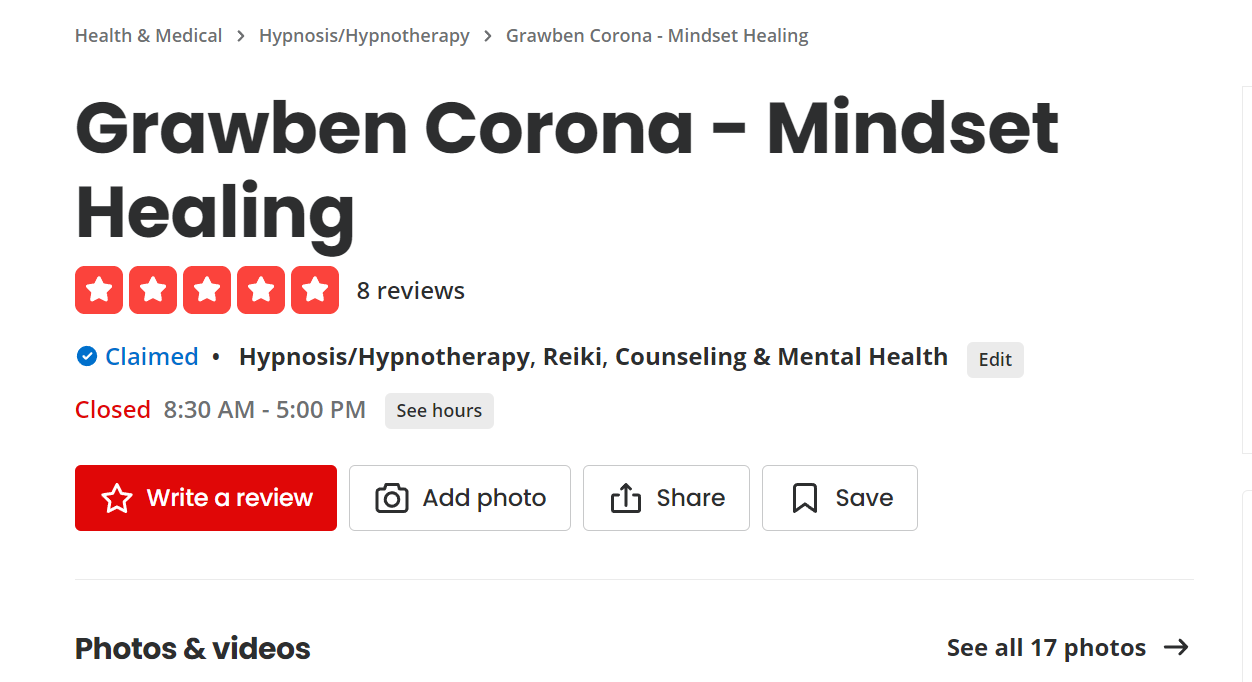A behavioral hypnotherapist can help a person with performance enhancement in several ways. Performance enhancement refers to improving an individual’s ability to achieve their goals, whether they are related to sports, academics, work, or other personal pursuits. The process involves modifying thoughts, emotions, and behaviors to promote optimal functioning. Here is how a behavioral hypnotherapist can assist in this process:
1. Identifying limiting beliefs: The hypnotherapist helps the individual identify and challenge self-limiting beliefs, negative thought patterns, and fears that may be holding them back from reaching their full potential.
2. Enhancing self-confidence: By using techniques such as positive affirmations, visualization, and mental rehearsal, the hypnotherapist helps the individual build an intense sense of self-belief and confidence, which are essential for optimal performance.
3. Improving focus and concentration: Hypnotherapy can help individuals develop better focus and concentration by teaching them relaxation techniques and mental exercises that promote a calm and focused mental state.
4. Developing mental toughness: The hypnotherapist can help the individual cultivate mental resilience and toughness, enabling them to handle pressure, setbacks, and challenging situations more effectively.
5. Goal setting and motivation: The hypnotherapist helps the individual set realistic, achievable goals and develop a powerful sense of motivation and commitment to achieve them.
6. Enhancing skills and techniques: Through mental rehearsal and visualization, the individual can practice and refine specific skills and techniques, leading to improved performance.
7. Managing performance anxiety: Hypnotherapy can help individuals manage performance anxiety by teaching relaxation techniques, developing positive coping strategies, and building self-confidence.
8. Promoting a growth mindset: The hypnotherapist encourages a growth mindset, which involves embracing challenges, learning from setbacks, and viewing failure as an opportunity for growth and improvement.
9. Establishing healthy habits: The hypnotherapist can help the individual establish healthy habits such as regular exercise, proper nutrition, and adequate sleep, all of which can contribute to optimal performance.
10. Emotional regulation: Hypnotherapy can assist individuals in developing emotional regulation skills, enabling them to manage stress, frustration, and other emotions that can impact performance.
In summary, a behavioral hypnotherapist can help individuals enhance their performance by addressing mental, emotional, and behavioral aspects that may be impeding their progress. Through a combination of techniques, the hypnotherapist supports the individual in developing a more positive mindset, improved focus, and increased self-confidence, all of which contribute to better performance in various areas of life.


